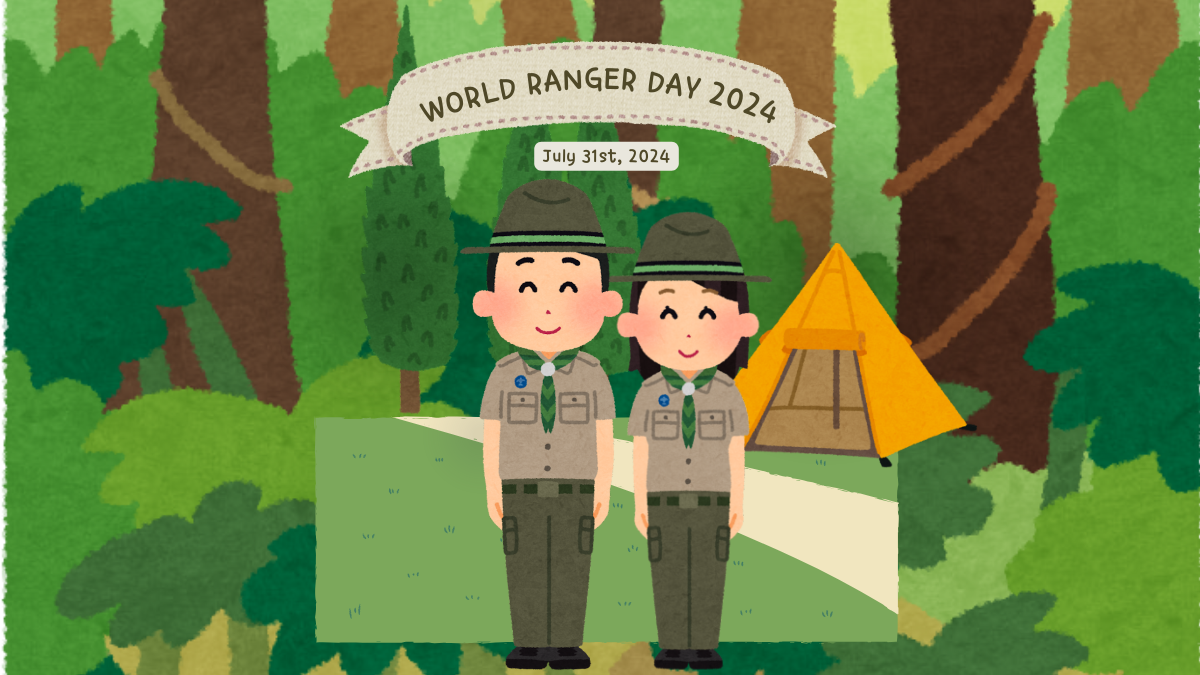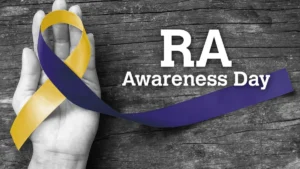World Ranger Day, observed annually on July 31st, is a global commemoration dedicated to honouring the brave individuals who tirelessly work to protect wildlife and natural habitats. These park rangers and conservationists play a crucial role in safeguarding endangered species and fragile ecosystems. Their unwavering commitment and dedication to the cause of preservation deserve our utmost respect and appreciation.
Historical Context
Origins of World Ranger Day
The roots of World Ranger Day can be traced back to the formation of the International Ranger Federation (IRF) in 1992. This organization was established with the primary goal of supporting and promoting the efforts of park rangers worldwide.
Inaugural Celebration
The first official World Ranger Day was observed in 2007. This inaugural celebration was a solemn tribute to eight rangers who tragically lost their lives while on duty in Virunga National Park, Democratic Republic of Congo. This poignant event underscored the dangers that rangers often face in their line of work.
Evolution of the Observance
Since its inception, World Ranger Day has grown into a globally recognized event. It serves not only as a day of remembrance but also as a platform to highlight the challenges faced by rangers in their daily duties and to celebrate their invaluable contributions to conservation.
Theme for 2024
’30 by 30′ Initiative
The theme for World Ranger Day 2024 is ’30 by 30′. This theme is derived from the 2022 United Nations Convention on Biological Diversity (COP15), where world leaders and decision-makers agreed upon a Global Biodiversity Framework.
Significance of the Theme
The ’30 by 30′ theme emphasizes the global goal of protecting 30% of the Earth’s land and sea areas by 2030. This ambitious target underscores the critical role that rangers will play in achieving this global conservation objective.
Significance of World Ranger Day
Honoring Bravery and Sacrifice
World Ranger Day serves as a moment to pay tribute to the courage and sacrifices made by park rangers and conservationists in their line of duty. Many rangers risk their lives daily to protect wildlife and natural habitats from various threats.
Raising Awareness
This day is crucial for increasing public awareness about the challenges faced by rangers. These include confronting poachers, dealing with the impacts of climate change, and managing human-wildlife conflicts.
Call to Action
World Ranger Day acts as a rallying cry for individuals, communities, and governments to unite in support of conservation efforts. It emphasizes the need for collective action to ensure a sustainable and thriving planet for future generations.
Rangers and Protected Area Workers
Diverse Workforce
The conservation workforce encompasses a wide range of individuals, including:
- State-employed staff
- Indigenous peoples
- Community and voluntary guardians
- Personnel from privately managed areas
Multifaceted Responsibilities
Rangers and protected area workers are tasked with numerous responsibilities:
- Protection: Safeguarding wildlife and habitats from various threats.
- Conservation: Implementing measures to preserve biodiversity.
- Monitoring: Tracking wildlife populations and ecosystem health.
- Visitor Services: Managing and educating visitors in protected areas.
- Fire Management: Preventing and controlling wildfires.
- Law Enforcement: Combating illegal activities such as poaching.
- Education: Raising awareness about conservation issues.
- Community Support: Working with local communities to promote sustainable practices.
- Regulation of Sustainable Use: Ensuring the responsible use of natural resources.
Challenges Faced by Rangers
Physical Dangers
Rangers often work in remote and hazardous environments, facing risks from wildlife encounters, harsh weather conditions, and even armed poachers.
Limited Resources
Many rangers operate with insufficient equipment, training, or support, making their already challenging jobs even more difficult.
Psychological Stress
The nature of their work, including witnessing environmental destruction and confronting dangerous situations, can take a significant toll on rangers’ mental health.




 Rheumatoid Arthritis Awareness Day 2026:...
Rheumatoid Arthritis Awareness Day 2026:...
 World Wetlands Day 2026: Can Traditional...
World Wetlands Day 2026: Can Traditional...
 Why Does India Celebrate Its Coast Guard...
Why Does India Celebrate Its Coast Guard...








